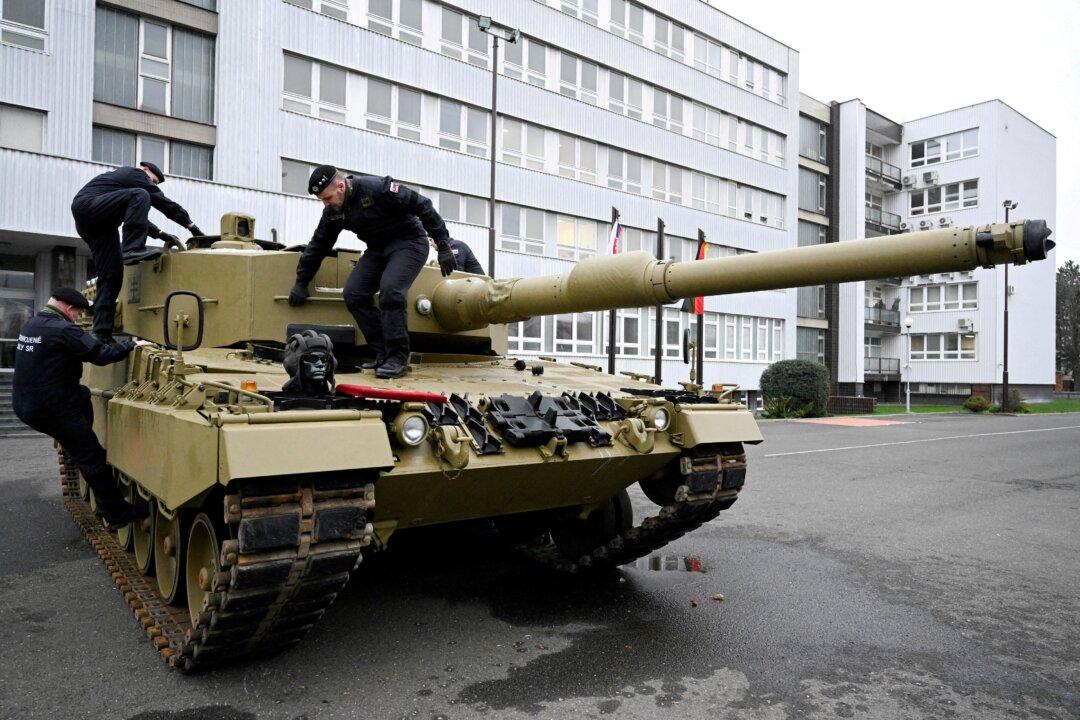Slovakia’s new government has told the Western NATO alliance that it will no longer provide arms and munitions to Ukraine, according to a statement released by the Slovak Defense Ministry on Nov. 14.
During a visit to Brussels one day earlier, Slovak Defense Minister Robert Kaliniak informed NATO chief Jens Stoltenberg of Bratislava’s decision to “halt all supplies of military aid to Ukraine from Slovak stockpiles,” the statement reads.





